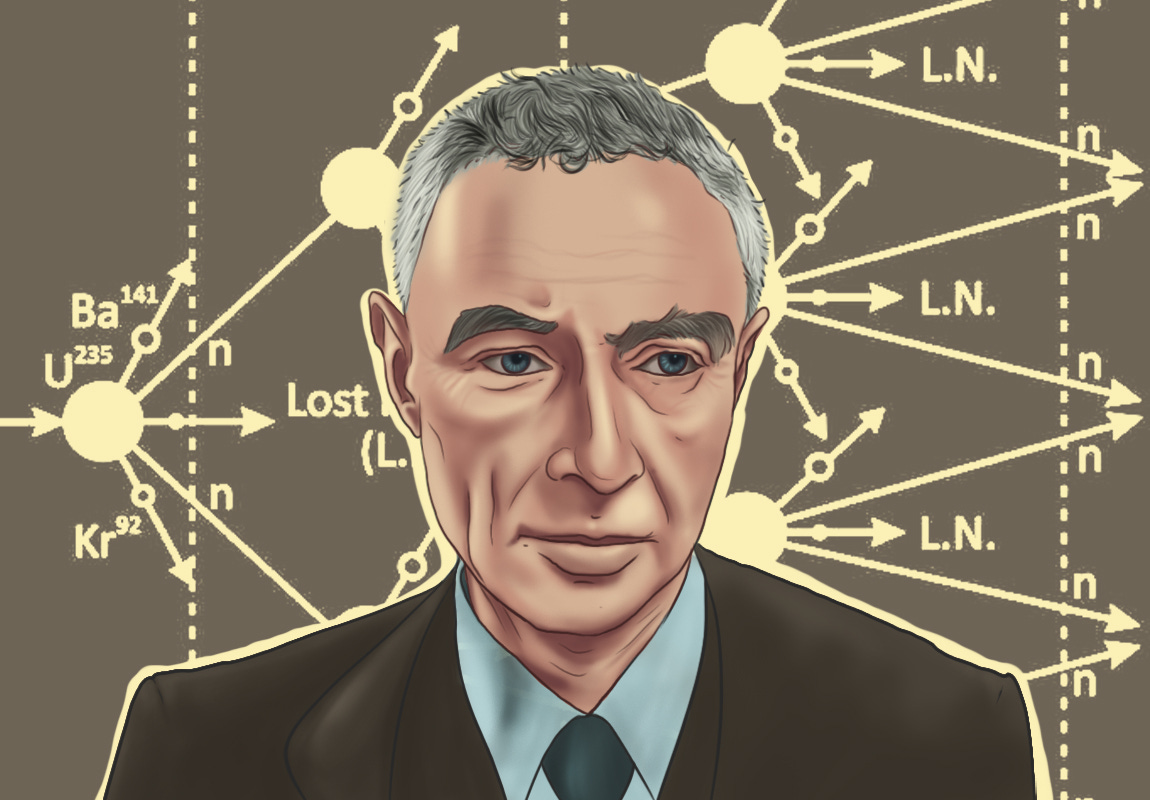
Oppenheimer's Contributions Beyond the Atomic Bomb: Exploring His Other Scientific Achievements
By Adedayo Oyetoke, Published on: July 22nd 2023 3 min, 407 word Views: 1218
J. Robert Oppenheimer, often referred to as the "father of the atomic bomb," has a legacy that resonates through the scientific community. While his leadership in the Manhattan Project during WWII is well-known, Oppenheimer's contributions to science extend much further. Here's a dive into some of his lesser-known achievements:
Early Days in Physics
Oppenheimer's academic journey started at Harvard University and took him to Göttingen University in Germany, where he studied under Max Born, a key figure in quantum mechanics. Here, he earned his Ph.D. in physics, setting the stage for his future contributions.
- Oppenheimer-Phillips Process: In the early 1930s, alongside Melba Phillips, Oppenheimer proposed a groundbreaking model for nuclear fusion reactions. This model, known today as the Oppenheimer-Phillips process, elucidates how lighter nuclei can be absorbed into heavier ones, impacting our understanding of nuclear physics and stellar nucleosynthesis.
Quantum Mechanics and Beyond
Oppenheimer's work in quantum mechanics was pivotal, especially his insights into quantum tunneling. His research helped explain how particles could traverse barriers that classical physics deemed impossible, furthering our grasp of quantum phenomena.
- Black Holes and General Relativity: In a seminal 1939 paper with Hartland Snyder, Oppenheimer explored the concept of what we now recognize as black holes. Their work predicted how massive stars could collapse into singularities, using Einstein's theory of general relativity. This was revolutionary and foundational for the study of black holes.
Educator and Mentor
Oppenheimer's influence as an educator was profound. At UC Berkeley, he shaped a generation of physicists. Later, as director of the Institute for Advanced Study at Princeton, he continued to foster an environment of intellectual freedom and exploration.
Post-War Influence
Post-war, Oppenheimer transitioned into science policy, becoming a key figure in the Atomic Energy Commission. His advocacy for peaceful nuclear energy use and his efforts in science policy highlight his vision for using science to benefit humanity.
Conclusion: A Legacy of Depth and Breadth
While the atomic bomb is a significant part of Oppenheimer's legacy, his contributions to theoretical physics, education, and policy are equally impactful. From his work on nuclear reactions to his insights into black holes, Oppenheimer's scientific journey was diverse and profound. His legacy challenges us to view science not just as a pursuit of knowledge but as a tool for education, leadership, and ethical consideration.
As we push the boundaries of scientific understanding, let's remember the full spectrum of Oppenheimer's work, drawing inspiration for how we can use science to address the complexities of our world.
